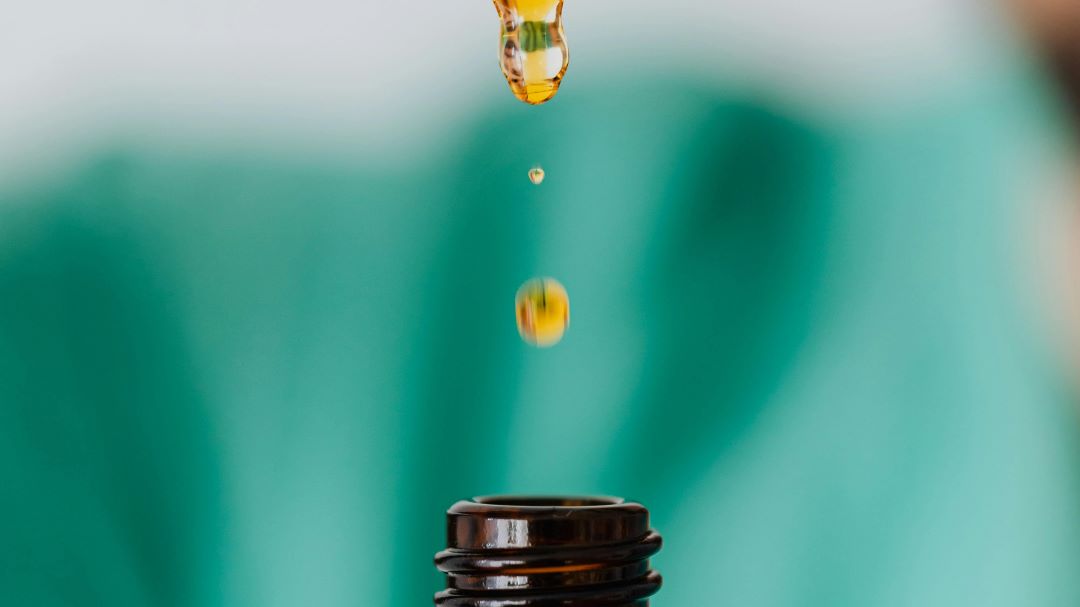Reports from The Guardian in September last year indicated that doctors in England were instructed not to prescribe ADHD drugs to new patients due to a national shortage. Notably, four out of the top five stimulants commonly prescribed for ADHD patients in the U.K. were affected, including methylphenidate, lisdexamfetamine, guanfacine, and atomoxetine.
This situation drew comparisons to the Adderall shortage in the U.S., where generic versions of widely used ADHD medications struggled to keep up with demand. Despite the shortages, doctors stress that ADHD remains under-diagnosed, and patients are often under-prescribed.
Amidst the scarcity, a growing number of individuals are turning to cannabis for relief. According to BBC reports, medical cannabis clinics in the U.K. have experienced an 86% increase in ADHD patients over the past year.
Research suggests that some individuals believe cannabis may alleviate symptoms associated with ADHD. Medical cannabis, legalized in the U.K. in November 2018, is primarily available in the form of oils and flower, with treatments meeting “appropriate standards” reclassified under Schedule 2.
Dr. Simon Erridge, Research Director and Curaleaf Clinic practitioner, notes that exploring alternative options during the medication shortage is a natural response. The Department of Health and Social Care (DHSC) acknowledges that while no cannabis-based medicines are licensed for ADHD treatment on the NHS, specialists can prescribe them if clinically appropriate.
Despite the potential benefits, the DHSC acknowledges that supply disruptions are expected to resolve between October and December 2023. Losing access to stimulant-based drugs leaves patients with limited options, prompting them to explore alternative solutions like medical cannabis.
“A lot of people with ADHD may try a number of different medications to find the one that works best for them; if that is suddenly taken away by shortages, it’s only natural for people to explore other options, and there’s no reason why that might not include medical cannabis,” says Dr. Erridge.
Research on cannabis and ADHD is ongoing, with studies indicating that whole-plant cannabis may be more effective. However, medical professionals emphasize the need for personalized approaches, as there is no one-size-fits-all solution for ADHD treatment using cannabis.
Brooke Alpert, a licensed cannabis practitioner, highlights the need for more research on CBD and ADHD, as existing studies present conflicting evidence. She suggests understanding how people find relief with cannabis can contribute to better recommendations for those with ADHD.
Energizing cannabis strains, such as Sour Diesel, Jack Herer, and Green Crack, have been reported to have calming effects on individuals with ADHD, showcasing the diverse nature of responses to cannabis treatment.
Photo by: Karolina Grabowska




